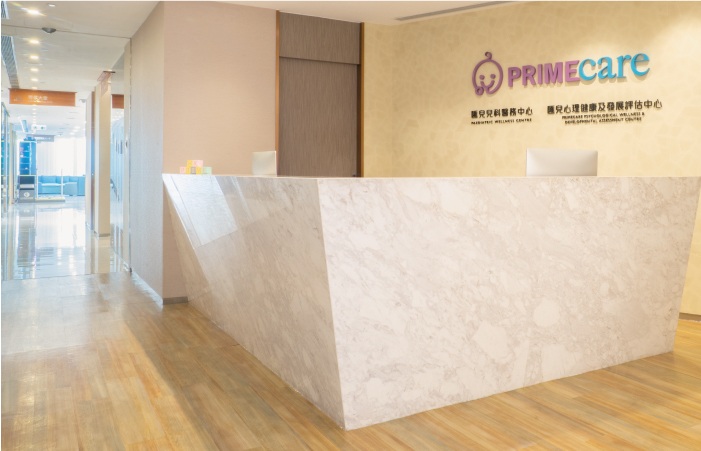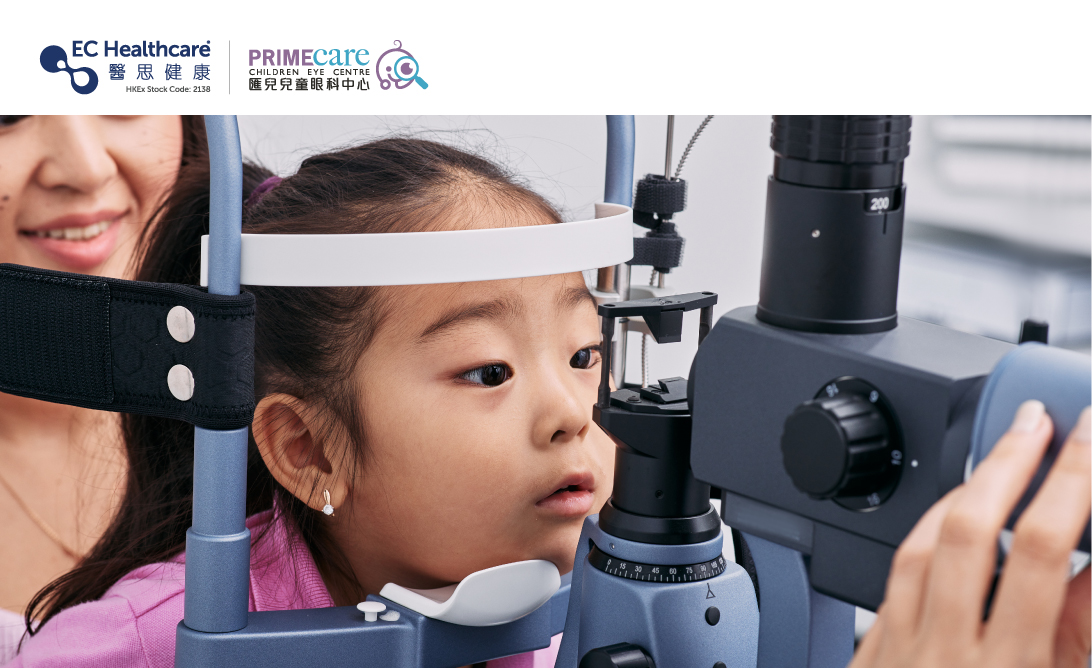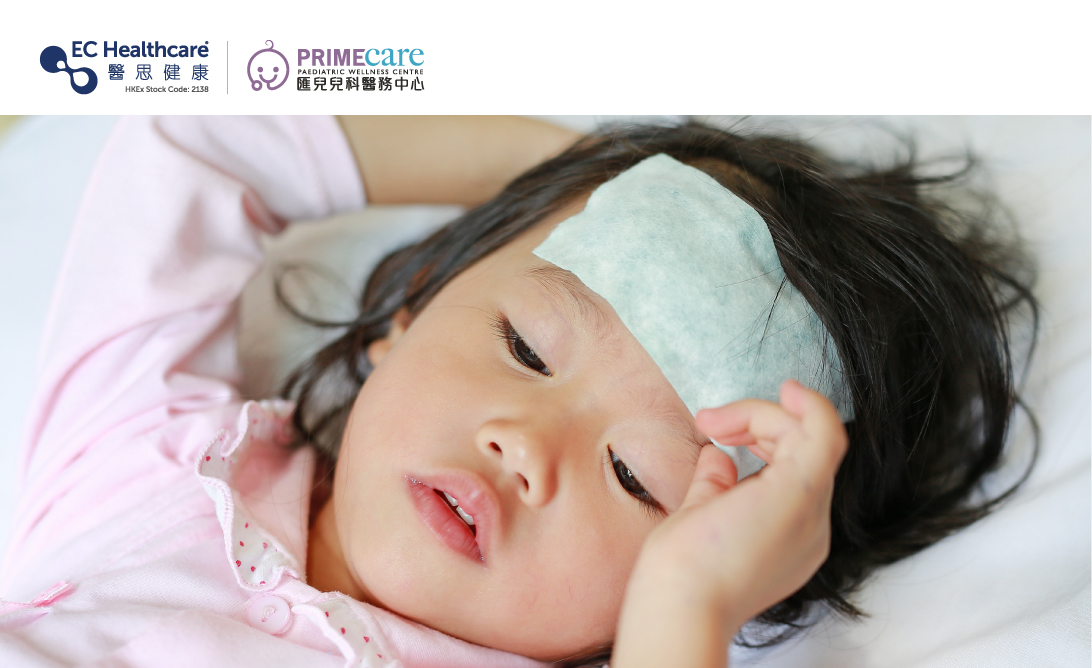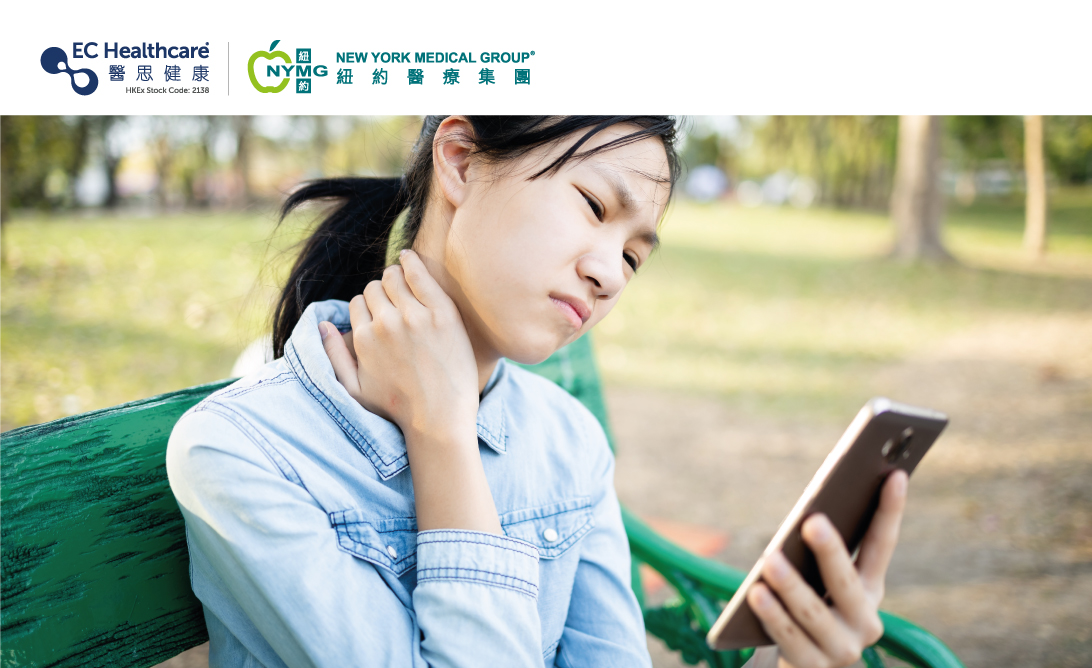Baby Eczema: Is it Related to Milk? 5 Key Prevention Methods for Parents
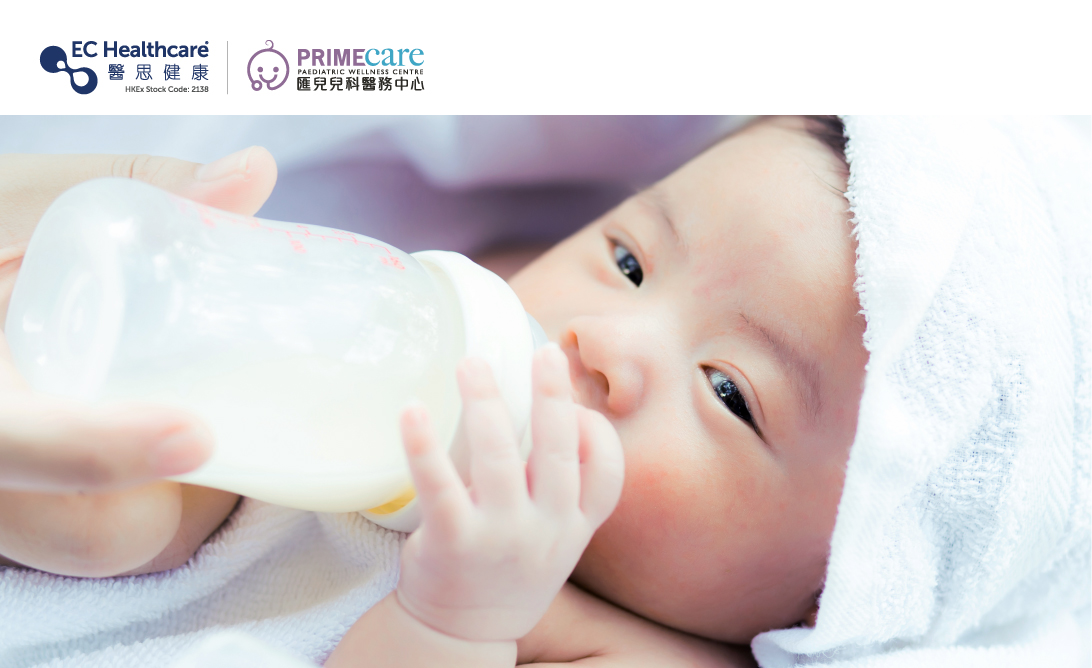

When your baby's face suddenly develops "itchy" red dots, sometimes accompanied by flakes or even blisters, parents often immediately think of baby eczema. But is baby eczema directly caused by milk consumption? Are there any preventive measures available?

The Cause of Baby Eczema
Commonly known as baby eczema, infantile atopic dermatitis is a prevalent chronic skin condition in babies. It is non-contagious and often occurs on the face of infants. Due to its frequent onset during the period when babies are consuming milk at around 1 to 3 months old, many parents mistakenly believe that baby eczema is caused by milk consumption. However, the exact cause of baby eczema is multifactorial, and medical experts have yet to define a precise cause.
Research indicates that the primary causes of baby eczema are often related to genetics, a weakened immune system, or elevated levels of immunoglobulin E (IgE) in the blood. Babies with baby eczema may have naturally drier skin or be more susceptible to certain foods or substances. Examples include beef, lamb, shrimp, fish, dairy products, dust mites, animal fur, clothing, household environment, and air pollution. When exposed to these allergens, allergic reactions such as eczema can occur.
5 Key Prevention Methods for Baby Eczema
As baby eczema cannot be cured and tends to recur, its management relies on medication during flare-ups. However, by paying attention to certain details in daily life, parents can prevent baby eczema and spare their little ones from distress.
1. Enhance Skin Moisturization: Infants' skin is about 30% thinner than that of adults. Some babies naturally have drier skin. Parents should apply a fragrance-free, color-free, and safe moisturizer to their baby's skin at least 4 times a day to ensure it remains adequately hydrated.
2. Opt for Cotton/ Skin-friendly Clothing: When selecting clothes for your baby, choose garments made of cotton or skin-friendly, moisture-absorbing materials. If nylon or wool clothing is worn, ensure there is a layer of cotton fabric between the garment and your baby's skin to avoid direct contact.
3. Regularly Trim Nails: Trimming your baby's nails regularly helps prevent them from scratching their skin and worsening the condition of baby eczema.
4. Maintain a Clean Home: Regularly clean your home, change bed sheets and covers, and keep the environment clean and well-ventilated to avoid triggering baby eczema through allergens like dust and dust mites.
5. Undergo Allergy Testing: To understand if your baby has elevated levels of immunoglobulin E (IgE) in their blood or if they have specific allergic reactions to certain substances, undergoing allergy testing is the most direct and effective method. By identifying the allergens that can trigger baby eczema, you can take additional preventive measures to safeguard your baby's well-being.
Allergy Testing and Treatment for Children at Primecare
At Primecare Paediatric Wellness Centre, we offer comprehensive allergy testing and treatment specifically designed for children. Our range of testing methods helps identify which substances your baby may be sensitive to, potentially triggering allergic symptoms and reactions. Following the completion of the testing, our specialized pediatricians provide one-on-one consultations to develop tailored desensitization treatment plans, assisting your baby in overcoming allergic issues.
Related Brands
